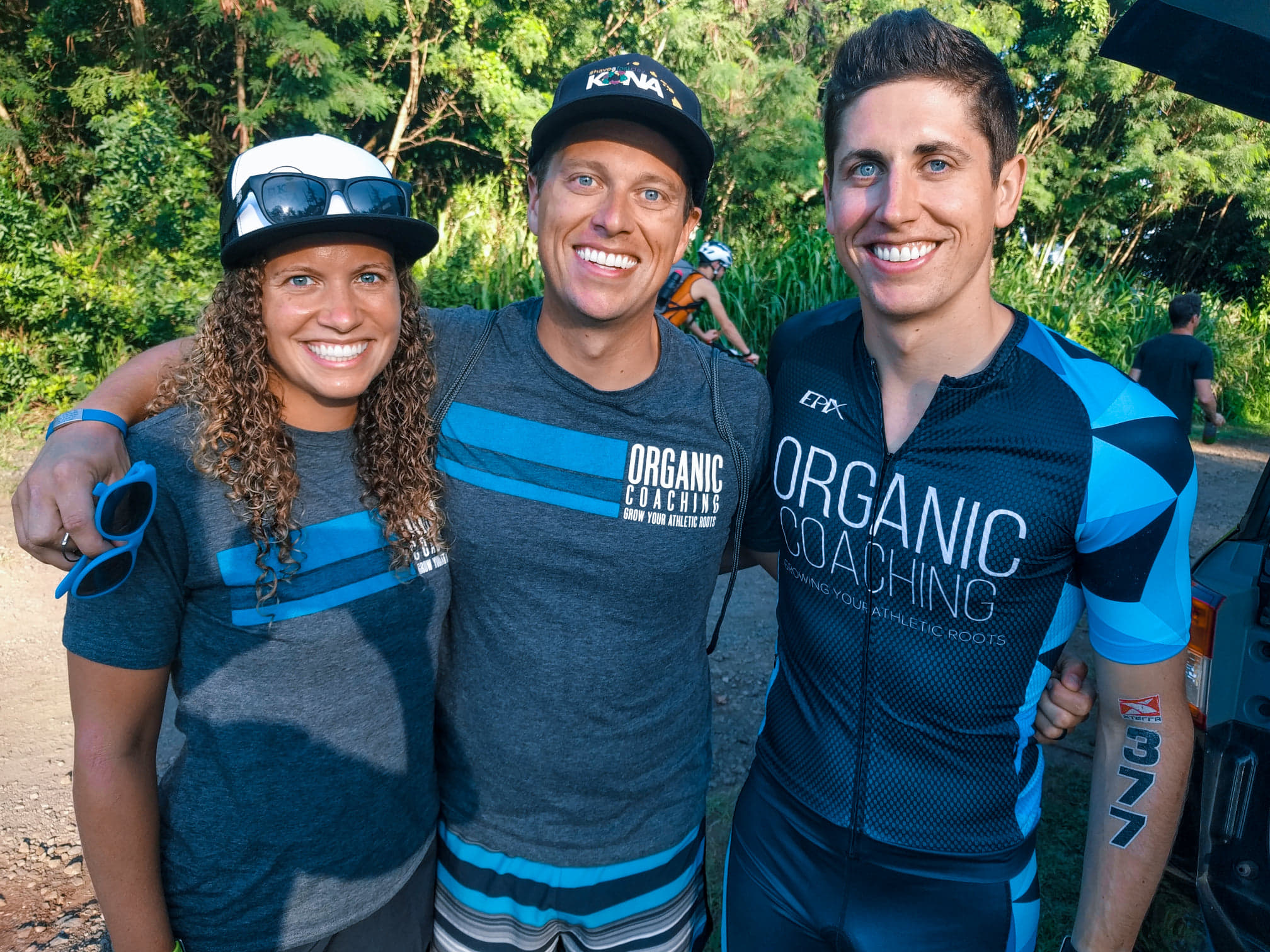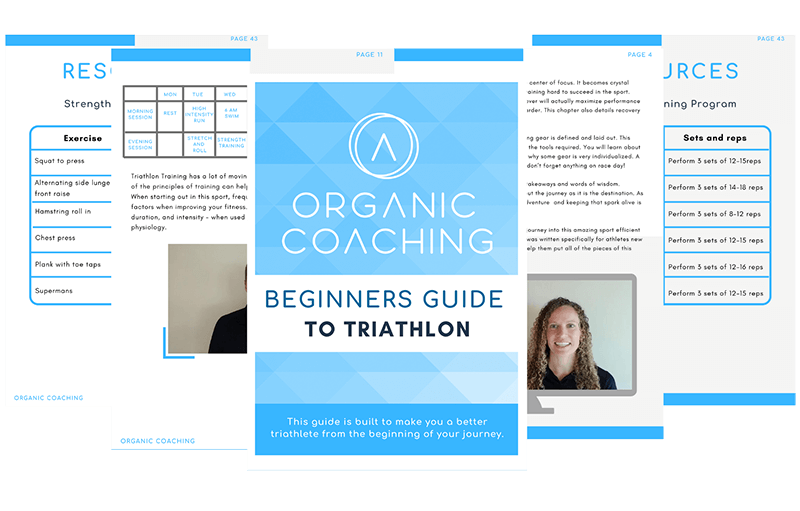

“Whether you think you can or you think you can’t – you are right.”
-Henry Ford
Henry Ford’s famous quote about the powerful tool we use every day. The mind can help make or break our performance as a triathlete. In terms of achievement, a triathlete does not have to be a medal holder or have a case full of trophies to be considered successful. In fact, anyone who has a passion for their sport and is committed to being the best of their abilities can have a successful athletic career. For athletic success to be measured for an individual, their specific sport needs to be important to them and believe in the power of positive thoughts. That is a true athletic success.

Everyone has a bad day now and then. Not every day is going to be your best run, your best bike ride, or your best swim session. There are days you may “fall apart” and are not able to hit your prescribed pace, wattage, or zone. Yes, that’s disappointing. However, there is no reason to beat yourself up over it. Triathlons are not only healthy and competitive – they’re supposed to be fun! The easiest way for your training session or race to be derailed and fall apart is for one person (usually you) to be full of negativity. When you are faced with negativity, you need to figure out how to get rid of it, and fast.
If you crashed hard near the end of a run, think about what happened and what you can do to improve your performance next time. Think about what you did and how to approach the next run differently. Did you have enough hydration, did you have proper nutrition, did you have less sleep the night before, long day standing at work? Maybe you were concentrating on something different other than what was the task in front of you. The important thing here is that dwelling on bad workouts never helped anyone.
Once a positive attitude has been set in motion, it is time to keep up the self-motivation. Successful triathletes will know what benefits and rewards they look forward to. This helps get through training. They will keep up their motivation despite facing setbacks and even failures. They also know that many of the benefits will come from their efforts and not necessarily the outcome.
Successful triathletes will also set high, yet realistic goals for themselves. When positive thoughts are implemented into goal setting, it helps drive you to chase goals while also enjoying the sport. The effort that you put into training is an enriching experience and makes it worthwhile to achieve success. To be successful in a triathlon, goals will need to be short-term as well as long-term so that performance levels are maintained throughout.
Just as it is important to deal with negativity when racing and training, it is also important to regulate strong emotions. Success and failure go hand in hand in and the emotions that they trigger can seriously affect an athlete’s ability to perform. To keep the power of positive thoughts running, intense emotions like anger, excitement, and disappointment need to be kept in check. Successful triathletes will redirect these emotions rather than letting them interfere with their performance.
All these skills can be used very effectively to uphold positive thoughts when an athlete is racing. They can be applied to achieve long-term goals, preparing for an event, or even practice daily to sustain performance levels. When these skills are paired up with confidence and positive thoughts, the result will be an optimal performance from the athlete.
-Coach Carly

Carly and Tyler Guggemos built Organic Coaching in 2014 with a simple philosophy that works. The idea is to take what you have and grow it to get faster, fitter and stronger. And to do it with the time you have – not the time you wish you had.

For athletes who are ready to take their training to the next level while still thriving and succeeding in their professional and family life.
Copyright © 2024 Organic Coaching LLC